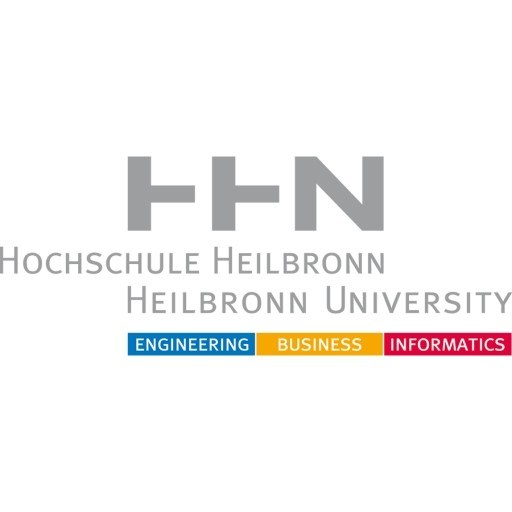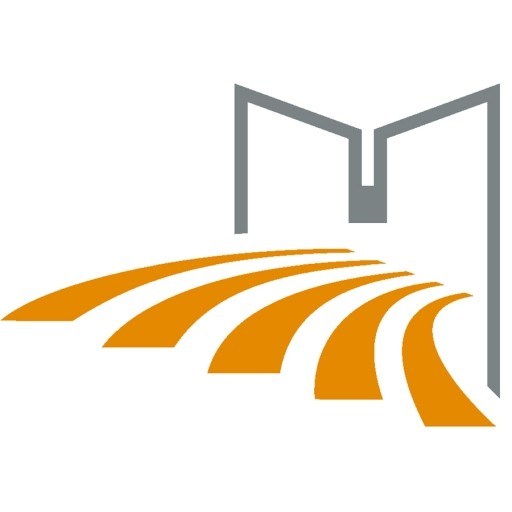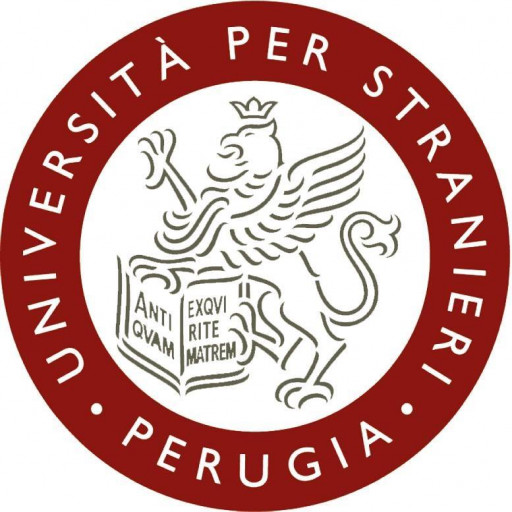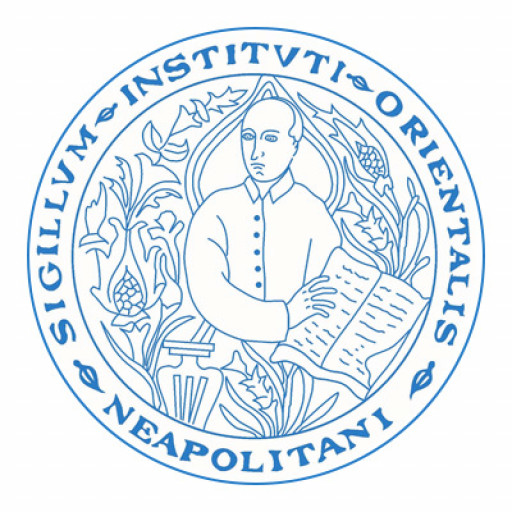Photos of university / #utrechtuniversity
Description:
The Master's in Intercultural Communication at Utrecht University offers students an in-depth exploration of how culture influences communication processes in a diverse and interconnected world. This program is designed for students who are interested in understanding the intricacies of intercultural interactions across various contexts, including business, diplomacy, education, and media. Throughout the program, students will examine theories and practices related to intercultural competence, cultural identity, and global communication dynamics. They will gain critical insights into how cultural differences impact interpersonal relationships, organizational functioning, and societal integration. The curriculum combines academic research with practical applications, preparing graduates to navigate and facilitate effective communication in multicultural environments. The program employs a multidisciplinary approach, integrating perspectives from anthropology, sociology, psychology, and communication studies. Students will engage in case studies, research projects, and internships to develop hands-on skills and theoretical expertise. By the end of the programme, graduates will be equipped with the analytical tools and cultural sensitivity required for careers in international organizations, consultancy, media, public policy, or further academic research. Located in Utrecht, a vibrant city known for its cultural diversity and historical significance, the program also provides numerous opportunities for networking and engagement with international professionals and communities. The program emphasizes intercultural awareness, ethical considerations, and the development of practical communication strategies, making it a comprehensive pathway for those aiming to become effective communicators and cultural mediators in an increasingly globalized world.
Intercultural Communication at Utrecht University offers a comprehensive exploration of how cultural differences influence communication processes in various contexts. This program delves into the theories and practical aspects of intercultural interactions, preparing students to understand and navigate the complexities of communication in an increasingly interconnected world. Throughout the coursework, students examine cultural frameworks, stereotypes, communication styles, and the impact of cultural identities on perceptions and behaviors. The curriculum emphasizes developing cross-cultural competencies, including intercultural sensitivity, adaptability, and effective communication strategies, essential for careers in international business, diplomacy, education, media, and non-governmental organizations.
Students engage with a diverse range of topics such as globalisation and its effects on cultural exchange, language and non-verbal communication, intercultural conflict resolution, and the role of digital media in shaping intercultural dialogue. The program combines theoretical knowledge with practical skills through case studies, role-plays, and group projects, fostering a deep understanding of intercultural dynamics in professional and social environments. Intercultural Communication at Utrecht University encourages critical thinking about cultural assumptions, power relations, and ethical considerations in intercultural interactions.
Experienced faculty members, many of whom are internationally recognized experts, facilitate engaging lectures and seminars, providing insights from their research and practical experience. Students also have access to intercultural training workshops and internships, offering real-world experience and networking opportunities in diverse cultural settings. The program is designed to develop not only academic knowledge but also cultural awareness and interpersonal skills that are vital in today’s globalized society. Graduates of this program will be equipped to work effectively across cultural boundaries and contribute to fostering understanding and cooperation among diverse populations worldwide.
Other requirements
Tuition fees for the Master's in Intercultural Communication at Utrecht University vary depending on the student's nationality. For EU/EEA students, the annual tuition fee is approximately €3,245. Non-EU/EEA students are required to pay higher fees, which are around €15,350 per year. These fees are subject to change annually, and prospective students are advised to check the official university website for the most current information.
Financial support options include scholarships, grants, and loans. Utrecht University offers several scholarships for international students, such as the Utrecht Excellence Scholarships, which provide partial or full tuition fee waivers to outstanding applicants. Eligibility criteria typically include academic excellence and motivation, and applicants must meet specific residency requirements. Additionally, the Dutch government, as well as various private foundations, offer scholarships that may be applicable to international students pursuing this program.
Students are encouraged to explore external funding sources, including national scholarship programs and home country aid options. Many countries have bilateral agreements with the Netherlands that facilitate financial assistance or tuition waivers for their students. Moreover, students can consider part-time work opportunities, as international students in the Netherlands are allowed to work up to 16 hours per week during the semester and full-time during breaks, which can help offset living expenses.
Living costs in Utrecht are estimated to be between €800 and €1,100 per month, covering accommodation, food, transportation, insurance, and leisure activities. The university provides resources and support to assist students in finding affordable housing and managing their finances efficiently. Some students might also qualify for student loans or financial aid programs from their home countries, which can supplement their income during their studies.
In conclusion, studying intercultural communication at Utrecht University involves not only tuition fees but also living expenses, which students should plan for accordingly. With various scholarship opportunities and potential part-time work options, students have avenues to help finance their education. It is essential to thoroughly research and apply for all relevant funding sources early, to ensure a smooth and financially manageable study period in the Netherlands.
The MSc in Intercultural Communication at Utrecht University is a comprehensive programme designed to equip students with the knowledge and skills necessary to understand and analyze intercultural interactions in various contexts. This programme focuses on the ways in which culture influences communication processes and how intercultural competence can be developed and applied across different social and professional settings. Students will explore theoretical frameworks related to intercultural communication, including theories of cultural differences, identity, and globalisation, as well as practical approaches to managing intercultural conflicts and fostering inclusive dialogue. The curriculum emphasizes both academic research and practical skills, preparing graduates for careers in international organizations, government agencies, NGOs, or multinational corporations, among others. The programme also encourages critical thinking about cultural assumptions and biases, promoting an awareness of diversity and the importance of intercultural sensitivity. Courses include topics such as intercultural dialogue, media and communication, intercultural competence in global contexts, and research methods in intercultural studies. Students often engage in case studies, group projects, and internships to apply their learning in real-world scenarios. The interdisciplinary nature of the programme draws on insights from communication studies, cultural studies, psychology, and sociology. Utrecht University's strong academic reputation ensures high-quality instruction and research opportunities. Graduates of the programme are well-prepared to navigate complex intercultural environments and to contribute to initiatives aimed at improving intercultural understanding and cooperation worldwide. The programme typically lasts one year for a full-time student and may include opportunities for specialization or elective modules to tailor the education to specific interests within the field of intercultural communication.










